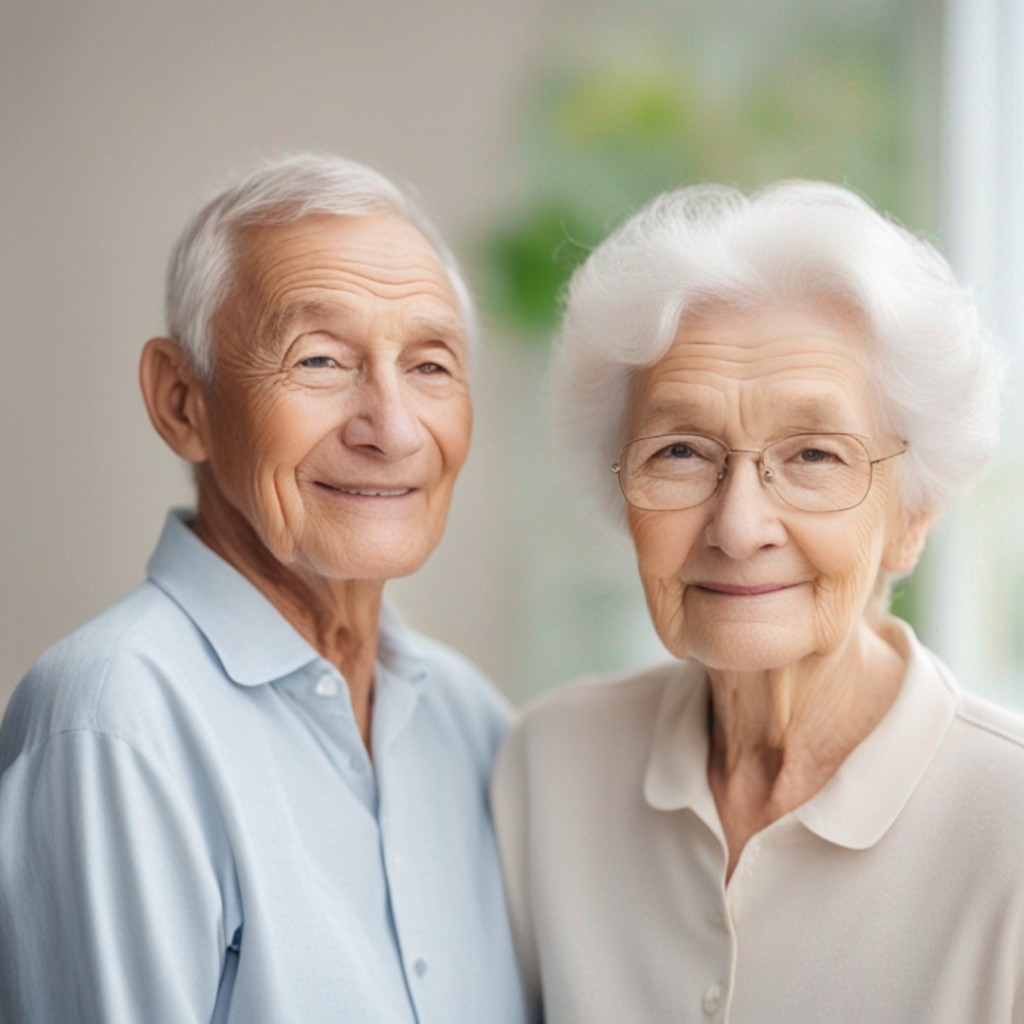Aging is an inevitable process that affects everyone. However, recent research has shed light on the remarkable impact that exercise can have on the aging process and longevity. Engaging in regular physical activity not only improves physical health but also positively influences mental well-being. In this blog, we will explore the profound effects of exercise on aging and discuss how it can contribute to a longer and more fulfilling life.

The Physical Benefits of Exercise
Regular exercise offers a myriad of physical benefits, both in the short and long term. Firstly, it helps to maintain a healthy weight, reducing the risk of obesity-related diseases such as diabetes, cardiovascular conditions, and certain cancers. Exercise also enhances cardiovascular health, strengthening the heart muscle, improving blood circulation, and lowering blood pressure.
Moreover, exercise plays a crucial role in maintaining bone density, reducing the risk of osteoporosis and fractures. It enhances muscle strength, flexibility, and balance, thereby reducing the likelihood of falls, a major concern for the elderly. Regular physical activity also improves respiratory function and boosts the immune system, making individuals more resilient to infections and diseases.
Exercise and Cognitive Function
The benefits of exercise extend beyond the physical realm and into the realm of cognitive health. Studies have consistently shown that regular exercise improves cognitive function, including memory, attention, and processing speed. Exercise increases blood flow to the brain, promoting the growth of new neurons and the formation of neural connections. It also stimulates the release of neurotransmitters such as dopamine and serotonin, which enhance mood and cognitive performance.
Furthermore, exercise has been found to reduce the risk of cognitive decline and neurodegenerative diseases such as Alzheimer’s and dementia. Engaging in physical activity throughout life is associated with a lower incidence of these conditions and helps preserve cognitive abilities in old age. The neuroprotective effects of exercise highlight its potential as a preventive measure against age-related cognitive decline.
Psychological Well-being and Longevity
Exercise not only benefits the body and the mind but also has a profound impact on psychological well-being. Regular physical activity has been shown to reduce symptoms of anxiety and depression, improve mood, and enhance overall psychological resilience. Exercise stimulates the release of endorphins, which are known as “feel-good” chemicals, contributing to a sense of happiness and well-being.
Additionally, exercise can promote better sleep patterns, reduce stress levels, and increase self-confidence and self-esteem. The positive psychological effects of exercise not only enhance one’s quality of life but may also contribute to longevity by reducing the risk of mental health disorders that can impact physical health over time.
Longevity and Exercise: The Cellular Perspective
To understand the underlying mechanisms by which exercise impacts aging and longevity, researchers have delved into the cellular level. Exercise has been found to have a profound effect on telomeres, the protective caps at the ends of chromosomes that shorten as cells divide. Shortened telomeres are associated with cellular aging and increased risk of age-related diseases. However, studies have shown that exercise can help preserve telomere length, slowing down the aging process at a cellular level.
Exercise also activates a cellular cleanup process called autophagy, which eliminates damaged molecules and dysfunctional cellular components. This process is essential for maintaining cellular health and preventing the accumulation of harmful substances within cells. Furthermore, exercise stimulates the production of antioxidants, reducing oxidative stress and inflammation, both of which contribute to aging.
Conclusion
The impact of exercise on aging and longevity cannot be overstated. From physical well-being to cognitive health and psychological resilience, exercise offers numerous benefits that can enhance one’s quality of life and contribute to a longer, healthier lifespan. By engaging in regular physical activity, individuals can maintain a healthy weight, strengthen their cardiovascular system, improve bone density, and enhance muscle strength and flexibility. These physical benefits not only reduce the risk of chronic diseases but also promote overall vitality and well-being.
Exercise also has a remarkable influence on cognitive function. By increasing blood flow to the brain, stimulating the growth of new neurons, and promoting neural connections, exercise enhances memory, attention, and processing speed. It also plays a preventive role against cognitive decline and neurodegenerative diseases like Alzheimer’s and dementia. The cognitive benefits of exercise highlight its potential in preserving mental acuity and promoting a higher quality of life as individuals age.
Furthermore, the psychological well-being associated with regular exercise cannot be overlooked. Exercise is a natural mood enhancer, triggering the release of endorphins that promote feelings of happiness and well-being. It reduces symptoms of anxiety and depression, improves sleep patterns, and boosts self-confidence and self-esteem. The positive psychological effects of exercise contribute not only to mental health but also to overall longevity by reducing the risk of mental health disorders that can impact physical well-being.
From a cellular perspective, exercise exerts its anti-aging effects by preserving telomere length, a crucial factor in cellular aging. By slowing down telomere shortening, exercise helps maintain cellular health and reduces the risk of age-related diseases. Additionally, exercise activates autophagy, a cellular cleanup process that eliminates damaged molecules and dysfunctional components, promoting cellular rejuvenation and longevity. Exercise also reduces oxidative stress and inflammation by increasing the production of antioxidants, further slowing down the aging process at the cellular level.
In conclusion, the impact of exercise on aging and longevity is undeniable. Engaging in regular physical activity offers a wide range of benefits that go beyond physical health. It enhances cognitive function, improves psychological well-being, and exerts anti-aging effects at the cellular level. By incorporating exercise into our daily routines, we can unlock the fountain of youth and enjoy a longer, healthier, and more fulfilling life. So, let’s lace up our sneakers, embrace an active lifestyle, and reap the rewards that exercise brings to our aging bodies and minds.
